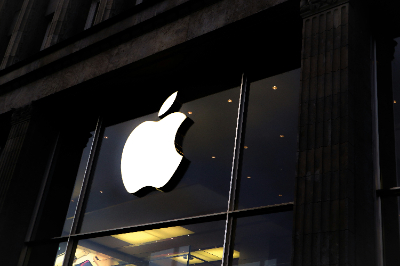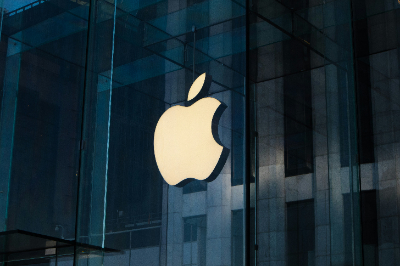In the tech world, accolades often reflect current trends and innovations. Apple’s recent list of finalists for the “iPhone App of the Year” award has sparked a conversation about the company’s relationship with artificial intelligence (AI) in mobile applications. Despite the rapid ascent of AI technologies, Apple’s selections appear to spotlight traditional app functionalities rather than embracing AI-driven advancements that have transformed user experiences.
On Monday, Apple unveiled its list of top contenders for the coveted iPhone App of the Year award, yet many industry observers noted a conspicuous absence of AI-powered applications. Instead, the finalists predominantly represent apps focusing on specific user tasks, such as Kino for professional video recording, Runna for personalized running plans, and Tripsy for travel organization. This inclination to highlight traditional app functions raises pertinent questions about Apple’s overall strategy and vision in a landscape increasingly shaped by AI technologies.

The omission of significant AI-centric applications like ChatGPT—an app that has enjoyed staggering growth and recognition in the global digital ecosystem—serves as a testament to this oversight. While ChatGPT has recently partnered with Apple to enhance Siri functionalities, its exclusion from the award nominations fosters an impression that Apple may be reluctant to fully acknowledge the transformative impact of AI on mobile applications.
The snubbing of ChatGPT, alongside other notable AI applications such as Microsoft Copilot and Anthropic’s Claude, illustrates an intriguing, if not puzzling, trend in Apple’s award nominations. Despite ChatGPT being hailed as the fastest-growing consumer application in history—reaching over 100 million users shortly after its launch—its absence from accolades signifies a broader sentiment within Apple that favors conventional application functionalities over AI advancements.
Particularly surprising is that while Google recognized Partiful, an app designed for party planning, as its App of the Year, Apple painted a more reserved picture. The trend continues with Apple’s decision to nominate a limited number of AI-based applications across various categories, such as Moises, which provides AI tools for music practice, and Adobe Lightroom that recently integrated AI functions. Yet, these nominations stand in stark contrast to the presence of more traditional applications that seek to enhance human creativity rather than embrace automation.

Further analysis of Apple’s 45 shortlisted finalists reveals that AI-powered applications made only fleeting appearances. For instance, while EF Hello—a language-learning app—was highlighted for its AI enhancements, other prominent AI-utilizing applications, like Pinterest, did not receive similar recognition. This selective acknowledgment essentially sidelines the innovations that AI has brought to user experiences.
Moreover, the broader narrative around Apple’s App Store curation tends to gravitate towards applications that empower users creatively. The messaging around these apps often centers on enhancing productivity, organization, and creative output, relegating those that feature significant AI functionalities to the background.
Apple’s evident reluctance to fully embrace the AI narrative can have far-reaching implications. By favoring applications tied more closely to human creativity over those that leverage the automation capabilities of AI, Apple sends a dual message: one that emphasizes the value of direct user engagement while potentially denying users access to tools that can significantly streamline their tasks. As AI technology continues to evolve and integrate further into everyday applications, Apple’s oversight may either alienate users seeking these insights or compel them to seek alternatives that provide a more balanced recognition of AI’s contributions.
Ultimately, as we look toward the future of mobile applications, the recognition of innovations—particularly those powered by AI—will likely shape user preferences and expectations. It remains to be seen whether Apple will adapt its nominations to align with the shift in user needs and technological advancements or if it will continue to cling to its traditionalist roots in the face of a rapidly evolving digital landscape.
- BYD’s Lingyuan: A New Era of Vehicle-Integrated Drone Technology - June 23, 2025
- The Rise of Xiaomi: An Overview of the Company’s Latest Innovations - June 23, 2025
- Ikea Enters the Thread Realm: The Timmerflotte Sensor - June 23, 2025


Leave a Reply